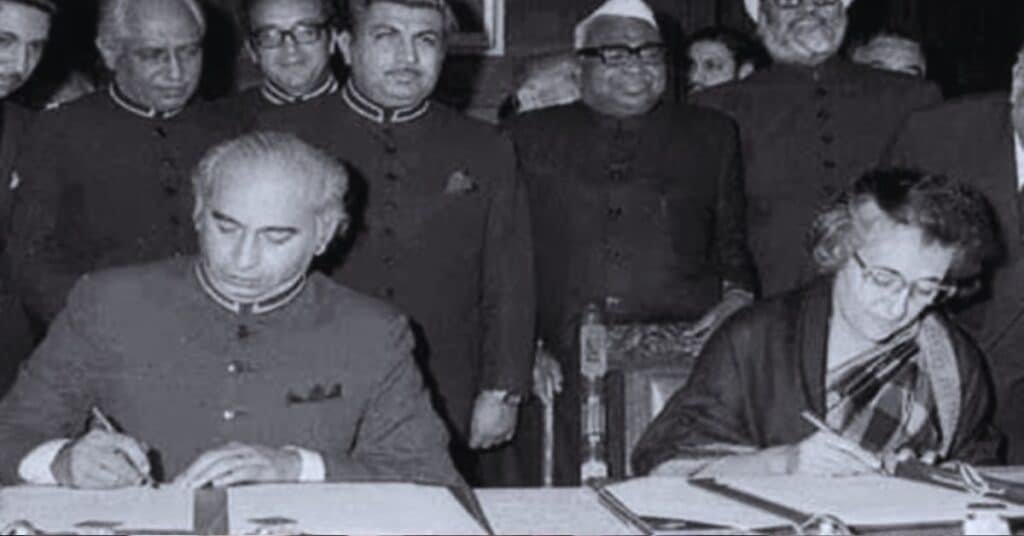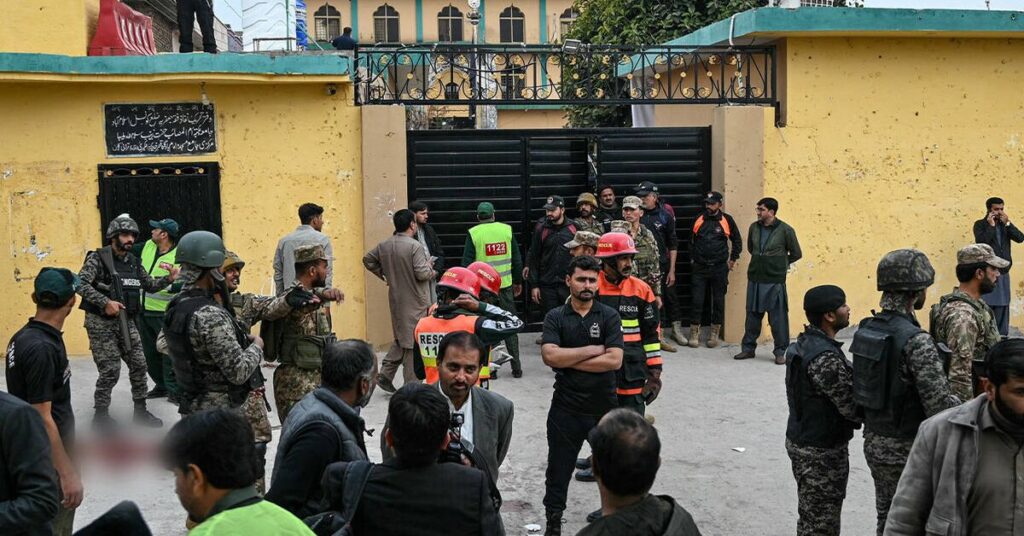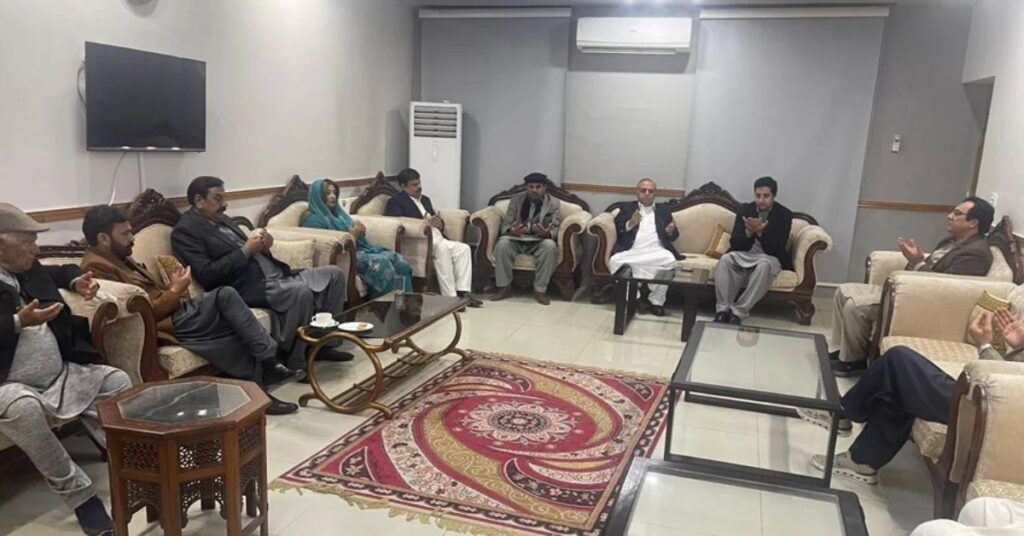MUZAFFARABAD (Kashmir English): Pakistan has strongly rejected India’s announcement to suspend the Indus Waters Treaty, calling it a violation of international norms.
The treaty, signed under the World Bank’s arbitration, does not allow unilateral withdrawal, Pakistan stated. In response, Islamabad warned it may reconsider all bilateral agreements with India, including the Simla Agreement.
While the Indus Waters Treaty concerns the division of rivers, many are now asking: what is the Simla Agreement, and what could its termination mean for the Kashmir dispute and India-Pakistan relationships?
What is the Simla Agreement?
Signed on 2 July 1972 after the 1971 war, the Simla Agreement was an attempt by Pakistan and India to reduce tensions and build a path to peace. The accord was signed by Pakistan’s Prime Minister Zulfikar Ali Bhutto and India’s Prime Minister Indira Gandhi.
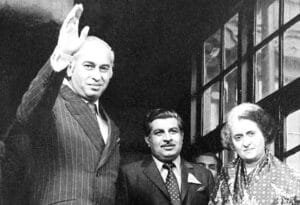
Both sides committed to resolving disputes through peaceful means, particularly bilateral dialogue or mutually agreed mechanisms.
The agreement also promoted respect for territorial integrity, non-interference in internal matters, and peaceful coexistence. Importantly, it led to the recognition of the ceasefire line in Jammu and Kashmir as the “Line of Control” (LoC), with both sides agreeing not to alter it unilaterally, regardless of legal or constitutional disagreements.
Pakistani Defence Minister Khawaja Muhammad Asif recently stated, while talking to an Arab website, that by accepting the LoC in the Simla Agreement, Pakistan had in a way acknowledged India’s demand.
If Pakistan suspends the Simla Agreement, he said, the LoC would no longer exist, effectively eliminating the current division between Azad and occupied Kashmir.
According to Asif, such a step would be significant, and India is well aware of its consequences. The agreement also required both nations to avoid hostile propaganda against each other to help build trust.
Simla Agreement: A post-war requirement
According to experts, the Simla Agreement started as a basic post-war requirement yet it started to get interpreted as an enduring diplomatic foundation.
Pakistan gained the return of its 93,000 prisoners and forced Indian forces to abandon their positions on the western front through this agreement. The creation of Bangladesh enabled India to strengthen its position over other territories.
Pakistan faced significant difficulties due to the provision which required bilateral talks since India continued to prevent third-party involvement in mediating the Kashmir dispute.
The obscure terms used in the agreement like “final settlement of Jammu and Kashmir” enabled India and Pakistan to adopt different interpretations of its meaning.
Haroon Khan and other analysts observed that the Simla Agreement became obsolete with the passage of time particularly since Kargil, Mumbai and Pulwama.
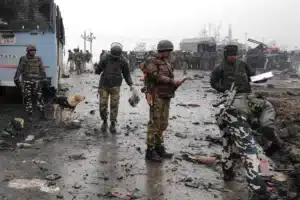
What does it mean for Indo-Pak relationships?
The suspension of the Simla Agreement will likely transform India-Pakistan relations by generating greater diplomatic conflicts and fiercer tensions. Through many years of conflict resolution and dialogue, the agreement functioned as a vital basis for peaceful negotiations between Pakistan and India mainly regarding Kashmir disputes.
An absence of the Simla Agreement would eliminate the existing mechanism for managing disputes thus leading to intensified regional distrust and instability.
A potential end to the agreement would unleash higher levels of aggressive posturing by both countries and remove military as well as political restrictions. The termination of this agreement will endanger all prospects for peaceful dialogue thus driving the two countries further apart.
For the very first time, both countries engaged in a public dialogue about suspending the agreement they drafted back in 1972. This proposed suspension threatens to break diplomatic relations between countries and decrease the meaningfulness of South Asian basic agreements.
